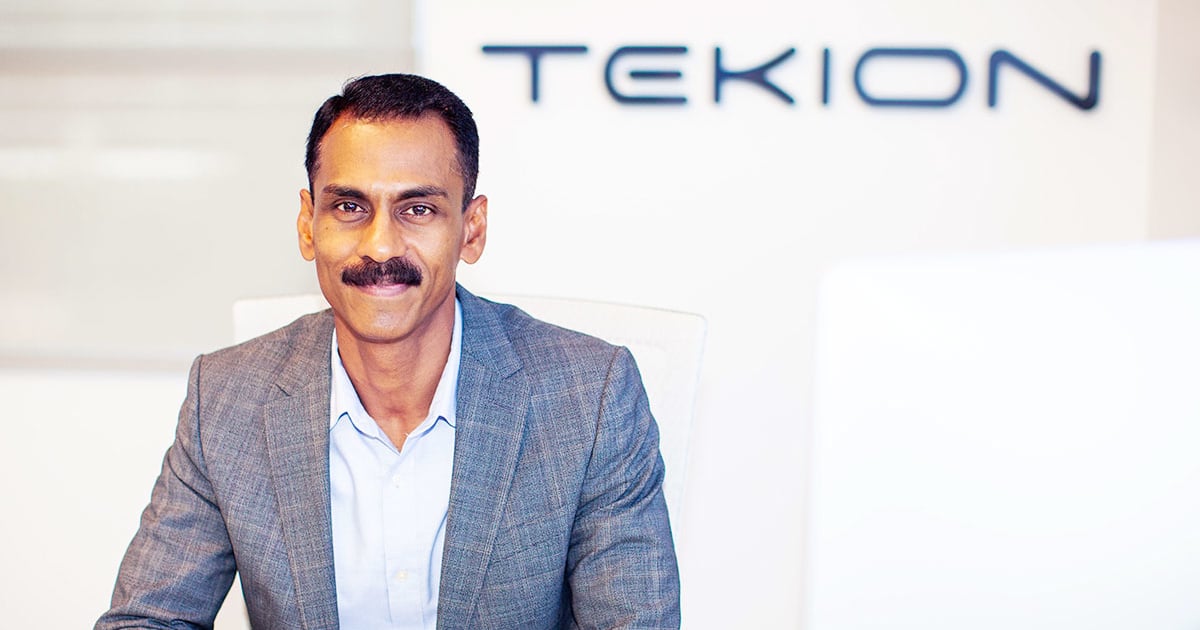
Learning and adapting are necessary for business success — and those who take unconventional approaches can reap outsized rewards.
When you’re busy just trying to get through today’s to-do list, it can be hard to step outside of your routines and take a fresh approach. And many folks feel so maxed out that they worry about the opportunity cost of taking the time for self-development. (Which is not the same as Homer Simpson’s concern: “Every time I learn something new, it pushes some old stuff out of my brain.”)
One of the things I enjoy about observing modern commerce — especially in the auto industry — is getting to see smart people solve problems in unexpected ways.
Reporter Mark Hollmer, a veteran business journalist who is still pretty new to Automotive News, wrote last month about Tekion’s experience owning a couple of dealerships, which definitely fits the bill.
It was an unconventional approach for a software company still in its infancy and living off venture capital. Some on the executive team questioned CEO Jay Vijayan’s idea, concerned it could be a distraction of talent as well as of financial resources.
But Tekion went ahead with the move and appears to have benefited richly. Of course, it helps that the company’s brief ownership includes the two most profitable years in the history of auto retail.
More important, though, was the opportunity to run all manner of pilots in the stores, in multiple departments, rapid-fire.
Working with clients, it’s hard to run more than one or two pilots at a time, because of all the training involved. It’s easy to simply overwhelm staffers: People get tired of learning new methods every month.
But when it’s the owner asking — well, you find a way.
“Having a dealership on our own really allowed us to be able to have our product personnel [and] engineering people there,” Napoleon Rumteen, Tekion’s chief commercial officer, told Hollmer. “That’s not easy to do if it’s not your store.”
Tekion, founded by Vijayan, the former chief information officer for Tesla, is still a scrappy upstart. It’s looking to gain share against market leaders CDK Global, Reynolds and Reynolds, and Cox Automotive Inc.’s Dealertrack.
During the pandemic, Tekion used its stores — one a Buick-GMC dealership, the other a Hyundai franchise — in Gilroy, Calif., to develop functions including e-signing of documents and service appointments with zero-contact check-in and pickup. Once ironed out in the stores it owned, Tekion could feel confident rolling it out to its 1,000 or so clients.
The whole episode reminded me of another example of a CEO thinking outside of the box on how to spend money to accelerate his company’s learning
Asbury CEO David Hult told the story at our NADA Retail Forum in 2019 about buying a car on Carvana’s site — from his boardroom.
(Yes, this is the second time this year that I’ve referenced this anecdote — as it was the second time I used a Homer Simpson quote at the start of a column.)
At first, his lieutenants thought it was a crazy idea, but of course it made perfect sense, just like how any McDonald’s franchisee worth his french fry salt routinely patronizes the nearby Wendy’s or Five Guys: There’s no perspective on your rivals better than that of a customer.
The experiment gave Hult and his team the chance to see what worked well in Carvana’s system and what maybe didn’t work so great. It gave them a clear view of how they stacked up and how they needed to get better — or could even try to leapfrog the Carvana experience, which some say it did with its Clicklane site.
It takes courage to try unconventional approaches to developing a business. And it’s our pleasure to share the stories of these efforts with our audience.